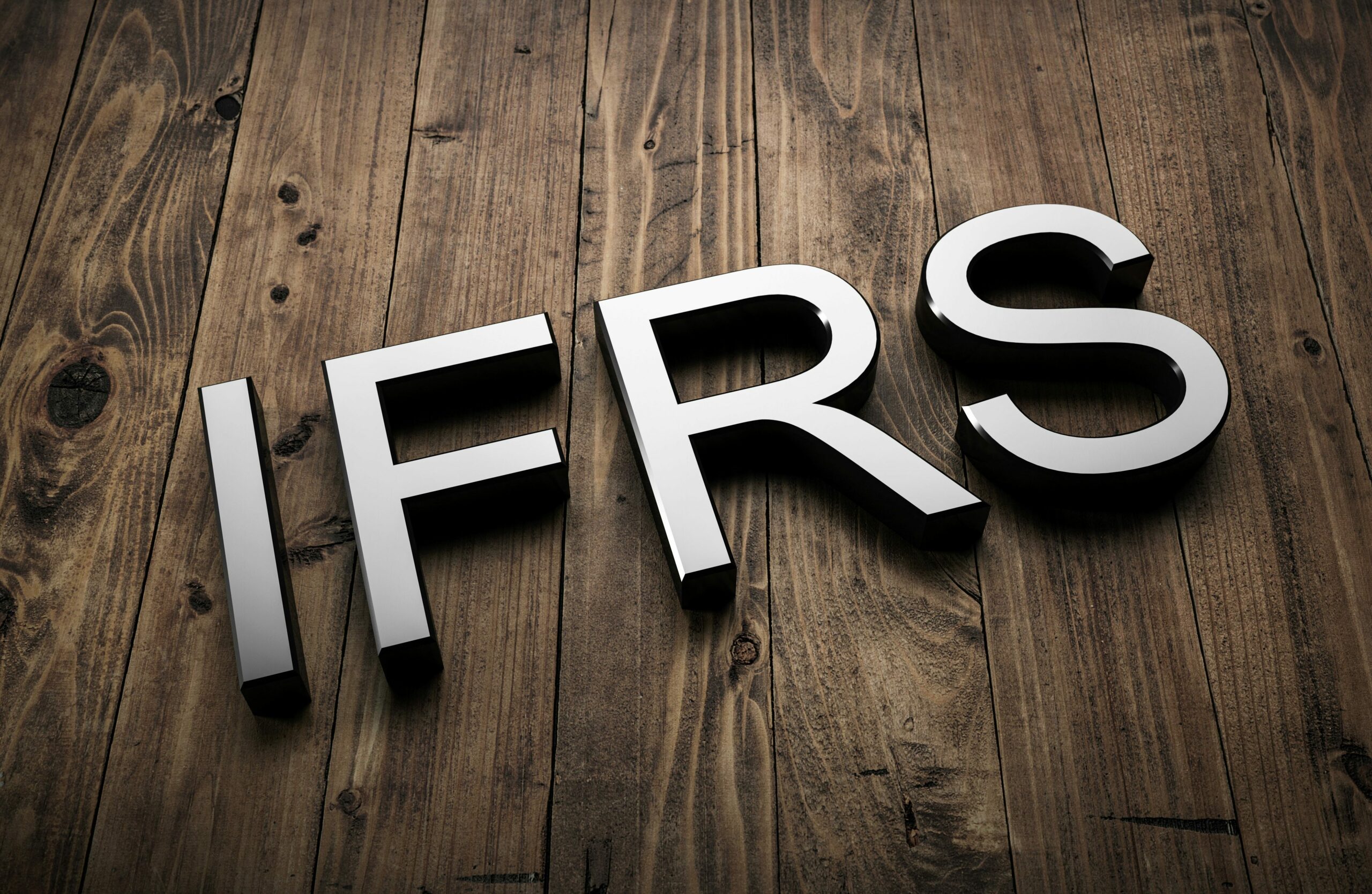Charities that prepare accruals accounts must also adopt the Charities Statement of Recommended Practice (“SORP”). This is mandated by UK charity law as the UK Generally Accepted Accounting Practice (“UK GAAP”).
For many, the disconnect is real and what’s on the horizon for the next raft of International Accounting Standards (IFRS) couldn’t feel much less relevant to the challenges of managing and/or overseeing the finances of a charity in the current economic climate.
The IFRS and UK GAAP convergence project has been a long one. However, Financial Reporting Exposure Draft (“FRED 82”) brings the first signs of real convergence into the world of charity accounting.
FRED 82 is the exposure draft of proposed changes to UK GAAP (FRS 102, FRS 103, FRS 104 and FRS 105). The standards are reviewed periodically and FRED 82 is the consultation draft of the proposed changes, which would be effective for periods commencing on or after 1 January 2025.
Under the hierarchy of accounting, the SORP must comply with UK GAAP and therefore the SORP must meet all the requirements laid out in FRS 102 and then layer on charity specific reporting requirements. A revised SORP will therefore quickly follow the revised FRS 102 standard, the proposed changes on FRED 82 are therefore very relevant.
What are the key IFRS based changes?
-
Income recognition
FRED 82 proposes a five-step model based on a simplified version of that included in IFRS 15 “Revenue for Contracts with Customers”. Charities have diverse income streams including donations, grants and contracts. How income is recognised from both grants with conditions and contracts may be directly impacted by the proposals of FRED 82. In the current SORP, income recognition can be complex and subjective, and it has been advised that the new FSR 102 should include some sector specific guidance.
-
On balance sheet leasing
FRED 82 adopts the on balance sheet treatment of leases which we see in IFRS 16 “Leases”. This would see all except very small or short-term leases capitalised and the future payments recognised as a liability on the balance sheet. For charities with rented property, especially those with a retail estate, this will significantly impact both the balance sheet and SOFA and most importantly may have a very significant impact on free reserves. Operationally, accounting for the transition is quite a complex area and this may be something some organisations need additional support to manage.
Of course, the SORP committee is also working hard on the charity specific layering, so there are likely to be a raft of other charity specific changes which we can try to predict – but we will only know for sure when the SORP exposure draft is released for consultation.
For further information, please contact Laura Masheder at laura.masheder@bhp.co.uk or get in touch with your usual BHP contact.
This material is for informational purposes only and should not be relied upon as professional advice.



